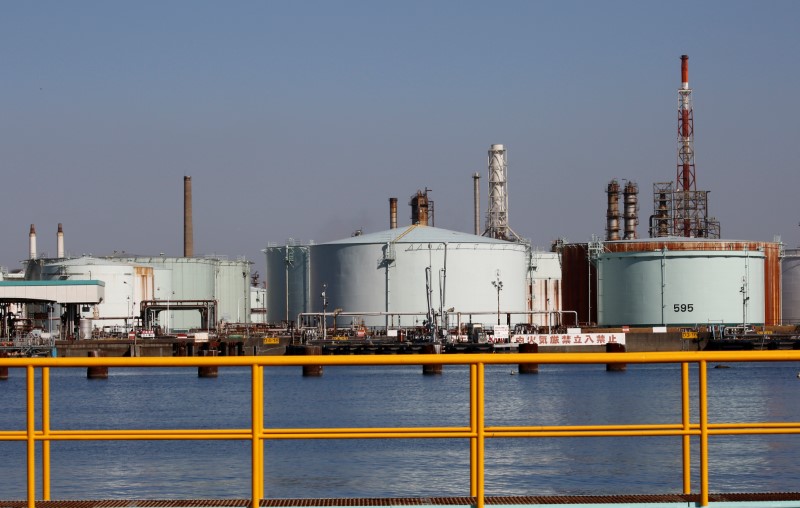By Geoffrey Smith
Investing.com -- Crude oil prices fell sharply on Monday in line with other risk assets as the rapid spread of the Covid-19 virus across Europe and the U.S. sparked fears of more demand destruction through restrictions on economic and social activity.
By 11:35 AM ET (1635 GMT), U.S. crude futures were down 3.1% at $38.61 a barrel, their lowest level in three weeks. The international benchmark blend Brent was down 2.8% at $40.88 a barrel, having also hit a three-week low.
U.S. gasoline RBOB futures were down 2.5% at $1.0991 a gallon, testing their lowest in over a month. Data from GasBuddy showed that U.S. demand for gasoline fell by 0.5% last week.
Sentiment was summed up by Patrick Pouyanne, the chief executive of French oil and gas major Total, who told a conference that “globally speaking, the demand is still weak.
“I am afraid that with the second wave we are experiencing in many continents today again, it could be longer [for demand] to recover like everybody hoped,” Pouyanne was quoted by Argus Media as telling the CERA Week conference.
The pressure on the corporate sector was again in evidence, with Canada’s Cenovus and Husky Energy (OTC:HUSKF) announcing plans to merge over the weekend in a bid to rationalize costs and squeeze more value out of reserves that require relatively high investment to be monetized.
However, as usual, there was no shortage of those willing to talk prices up. Saudi Arabia’s Oil Minister Prince Abdulaziz bin Salman was quoted as telling the same conference as Pouyanne that the essentially cyclical nature of the oil business was unchanged, and that low prices and low capital spending now would beget high prices in the future.
In the same vein, Indian Oil Corp. Chairman Shrikant Madhav Vaidya told S&P Global Platts in an interview that Indian product demand is now rebounding strongly after a wretched couple of months due to the virus. India has one of the world’s highest death tolls from Covid-19, after the U.S.
Likewise, OPEC Secretary General Mohammed Barkindo hinted CERA Week that the OPEC+ bloc of producers that a deferral of a scheduled increase in output at the end of the year is still possible, stressing that that the group will “adapt to the changing realities."
"We are determined to assist the market to restore stability by ensuring that the stock drawdowns continue."
There was little visible effect however from signs of yet another disruption to production in the Gulf of Mexico, where BHP, Chevron (NYSE:CVX), Royal Dutch Shell (LON:RDSa) and BP (NYSE:BP) had all started to remove non-essential personnel from their platforms ahead of the likely arrival of Tropical Storm Zeta. The National Hurricane Center said it expected dangerous storm surges across the Yucatan peninsula in Mexico later Monday.
